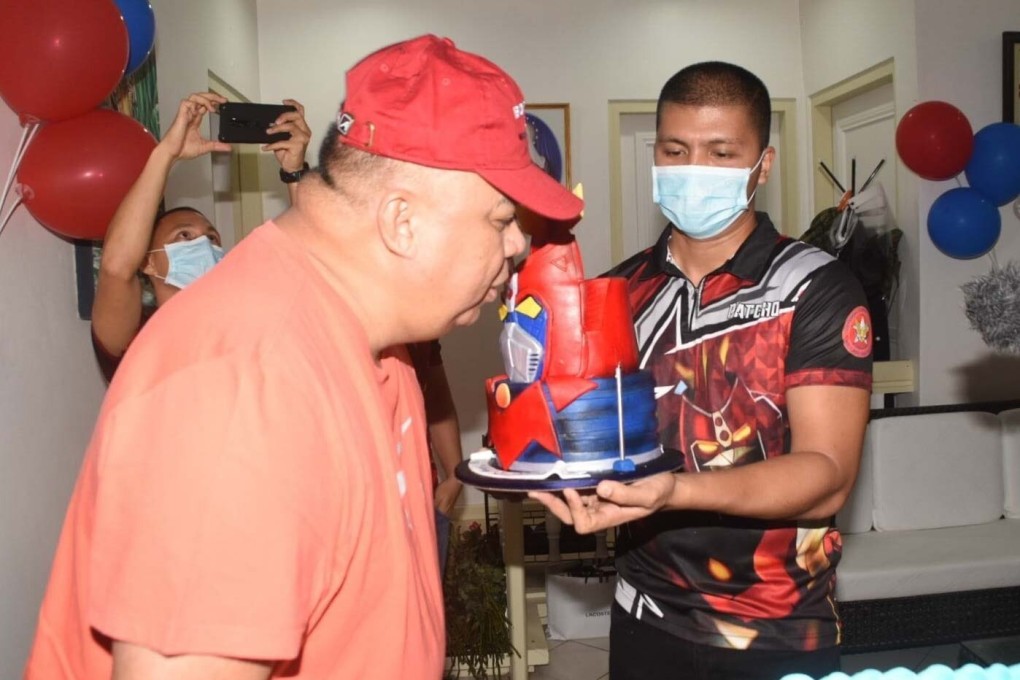Advertisement
Philippine police under microscope after ‘rape-slay’ case of flight attendant falls apart
- The death of a 23-year-old flight attendant during a New Year’s Eve party received national attention after police threatened to hunt down ‘suspects’
- But the case unravelled after an autopsy showed she had died of an aneurysm – and after it was revealed the men she had partied with were gay
Reading Time:4 minutes
Why you can trust SCMP
2

The botched investigation into the death of a Filipino flight attendant during a New Year’s Eve party has sparked accusations of police incompetence in a case that has gripped public attention, fuelling outrage against a force that has become notorious under the government of President Rodrigo Duterte for summarily arresting and in some cases shooting to death people who have been implicated in crimes without being properly investigated.
The Makati City police in Metro Manila investigating the case at first announced that the victim, Christine Dacera, 23, had been drugged, raped and murdered by her companions as they partied overnight at the City Garden Hotel, violating Covid-19 quarantine restrictions.
The crime was considered so heinous that Manny Pacquiao, the former world champion boxer who is now a Philippine senator, offered a reward of 500,000 Philippine pesos (US$10,400) to anyone who caught the suspects. A congressman, Eric Yap, chipped in with his own bounty of 100,000 pesos.
Advertisement

Dacera, who had been celebrating with at least 12 men was brought to a hospital on New Year’s Day by three of her friends, who said they had found her lying unconscious in a hotel bathtub. She was later pronounced dead.
Advertisement
On January 4, the Philippine National Police issued a statement announcing that they had solved what they termed a “rape-slay” and had arrested three of the 12 men.
Advertisement
Select Voice
Choose your listening speed
Get through articles 2x faster
1.25x
250 WPM
Slow
Average
Fast
1.25x